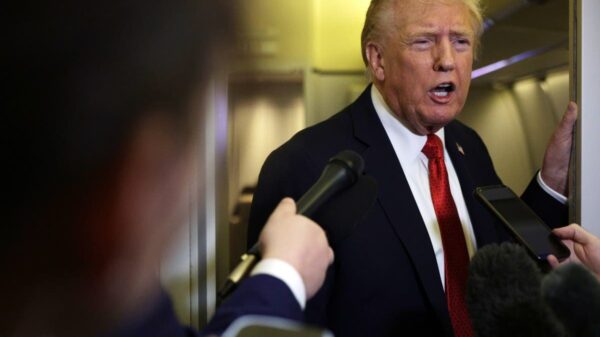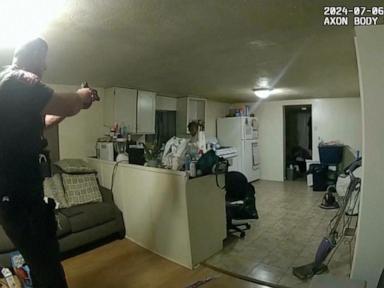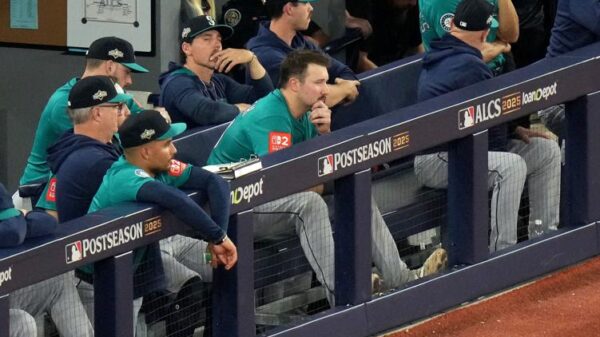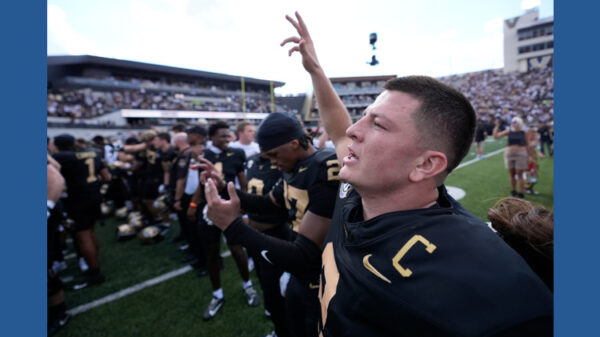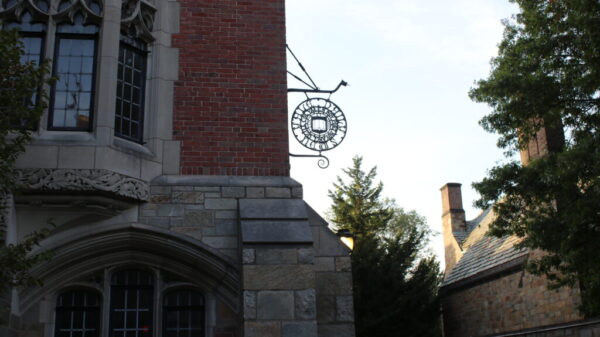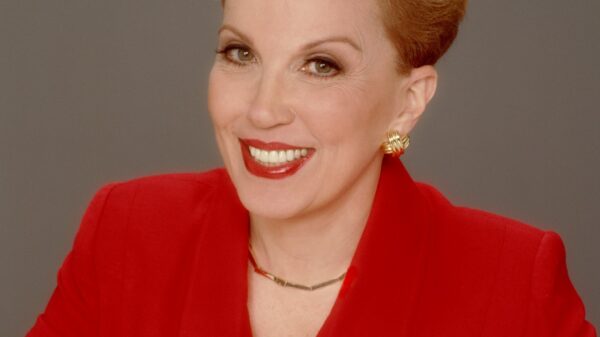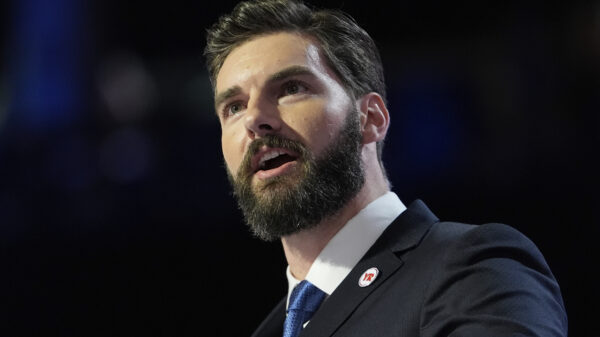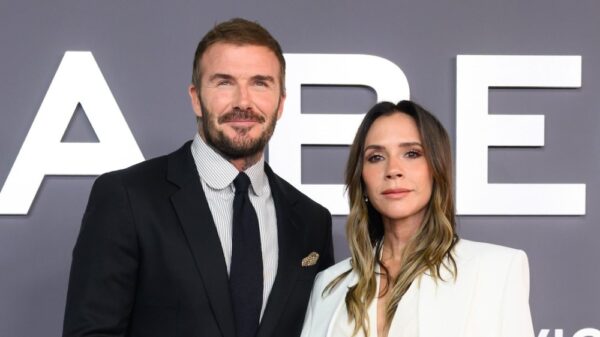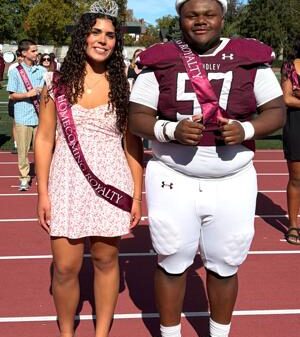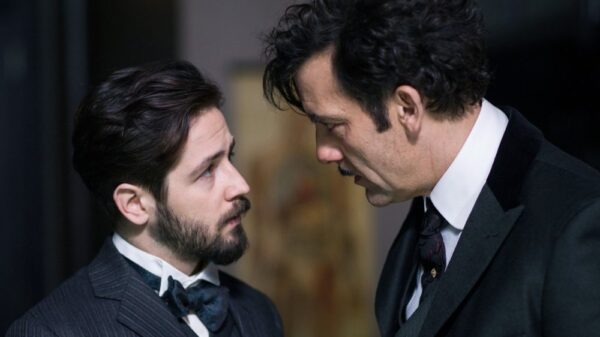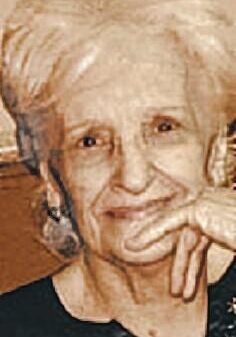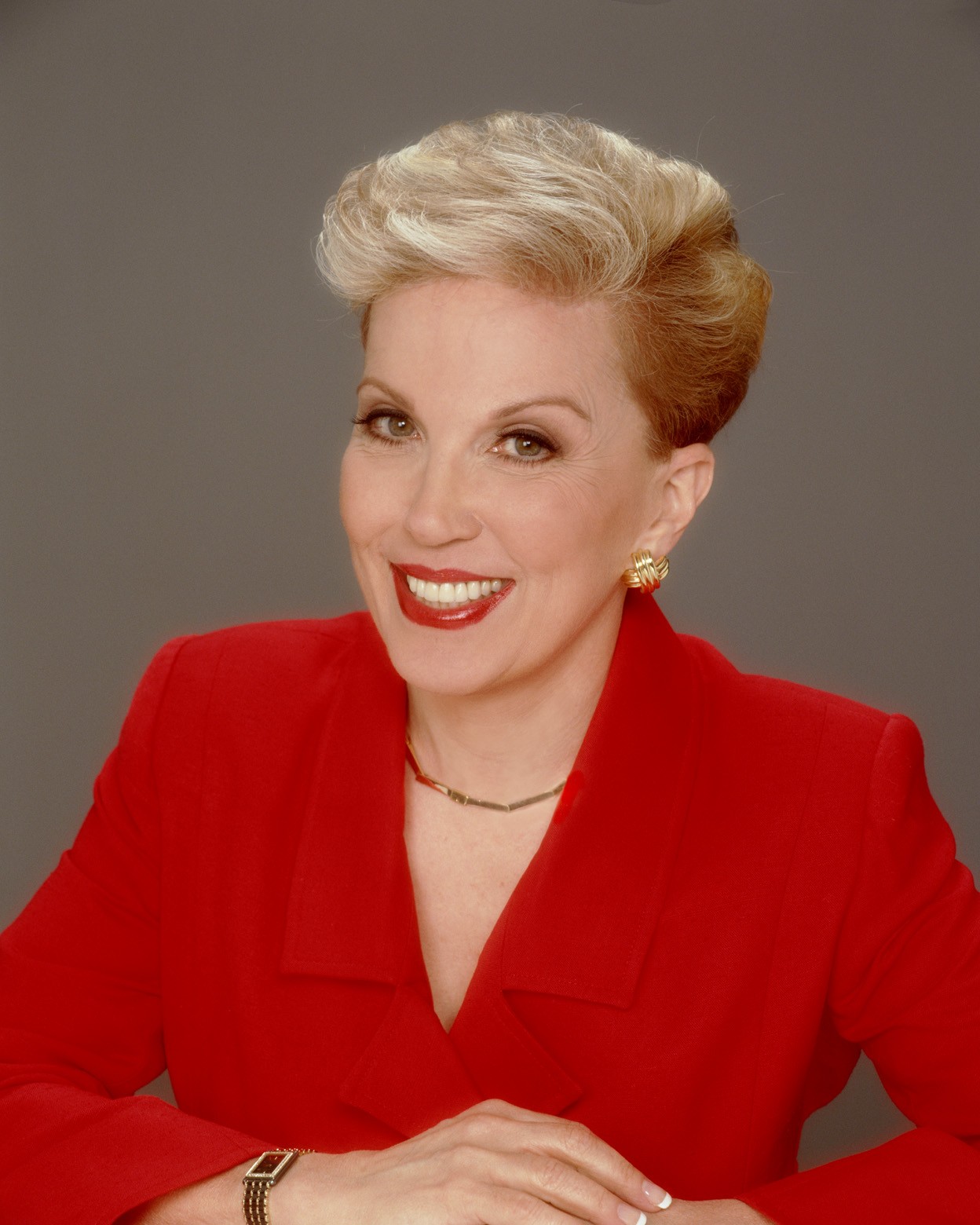A bride-to-be faces an uncomfortable dilemma regarding her wedding guest list as she navigates the complexities of relationships among her co-workers. The situation centers around two close colleagues, one of whom is married while the other, identified as Sara, is in the midst of a divorce and currently involved in an affair.
The bride, referred to as the Bewildered Bride, expresses concern about inviting Sara and her affair partner to the wedding. Despite the couple’s year-long relationship, the bride feels that Sara’s situation does not meet her criteria for a committed relationship. She aims to keep the guest list tight to manage costs and is hesitant to allow Sara’s partner to be a visible presence at her wedding.
In her letter to the popular advice column, the Bewildered Bride articulates the tension between wanting to maintain a close relationship with her co-workers and her desire to avoid drama on her special day. She fears that inviting only her married co-worker’s spouse while excluding Sara’s partner will lead to hurt feelings and resentment.
Dear Abby responds firmly, advising the bride that excluding one partner while including another is likely to create more issues than it resolves. She cautions that openly discussing her views on Sara’s relationship could further complicate matters and lead to deeper misunderstandings.
The letter further highlights the broader implications of personal relationships in professional settings. Navigating such dynamics can be challenging, particularly in close-knit environments.
In a separate letter, a 67-year-old woman seeks advice on finding companionship without a sexual relationship. She has been single for most of her life and expresses a desire for a supportive partner who enjoys activities like dancing but does not expect sexual intimacy.
The woman, who refers to herself as Wanting This But Not That, questions whether her expectations are reasonable and how to connect with like-minded individuals. She recalls past experiences of counseling that hinted at unresolved issues related to childhood abuse, contributing to her uncertainty in romantic pursuits.
Dear Abby suggests exploring the Asexual Visibility and Education Network (AVEN), a resource designed for individuals who identify as asexual. This platform offers information and community connections, which may assist her in finding companionship that aligns with her preferences.
Both letters emphasize the diverse nature of relationships and the importance of clear communication when navigating personal connections. The advice provided underscores the need for sensitivity and understanding in matters of the heart, particularly in complex social settings.
As societal norms around relationships continue to evolve, individuals find themselves seeking guidance on how to maintain meaningful connections while respecting personal boundaries.



